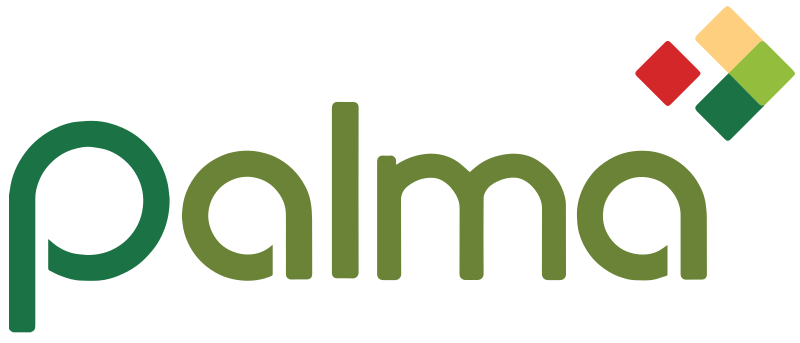What if you could still make a $200,000 tax-deductible retirement plan contribution for 2020? The Defined Benefit (D.B.) plans can blow away profit sharing, Keogh, S.E.P., or stand-alone 401ks to maximize taxable deductible retirement contributions. For self-employed people that earn $200k+ and want to max their contributions, D.B.’s are the way to go.
Imagine this scenario:
A 50-year-old business consultant has an S Corp and wants to maximize his/her retirement plan contribution and minimize current taxes. In this case, you can set up a defined benefit pension, allowing for roughly $250,000 per year!
You could expect a 2020 tax deduction and every year after that a yearly tax savings @ 40%: $100,000. Additionally, you could expect a projected defined benefit accumulation of roughly $3.6 Million in 10 years
What is a Defined Benefit Plan?
A defined benefit plan is industry jargon for a pension. We’ve all heard of a pension plan, though it is less common these days.
Who should consider this plan?
You may be eligible for this plan if you fit these criteria:
- 40+ years of age
- Typically earns at least $100,000 annually in one of these ways:
- Sole practitioner or owns a business with family.
- Self-employed as primary means of earning a living.
- Second occupation in which the client works for himself or herself.
- Independent Contractor rather than an employee.
- Wants to contribute more than $56,000 annually to their retirement or a higher percent of income than allowed in a 401(k) or S.E.P.
- Expect to be able to make that contribution for at least three years.
High income, self-employed (sole business owners) people that want to sock away the maximum possible for retirement, read on.
First, Do not be mad at your accountant for not telling you about this. Most tax preparers gather your tax-related information and tell you what you owe Uncle Sam. The strategy or advice is often somewhat limited.
Our focus is tax planning to cut your taxes and build wealth.
You are a “business owner” and eligible for these plans if you have earned income reported as Net Profit on your Schedule C, subject to self-employment tax. It is income from work you are doing, even if this is part-time or a secondary income. And, if you own a corporation, your W-2 income is considered compensation for small business retirement plans.
we are here to answer your questions via chat, email & phone calls! We cater to small businesses to keep America running with personal service.
Would you like to know if you qualify? Book Your Free Tax Assessment Here:

